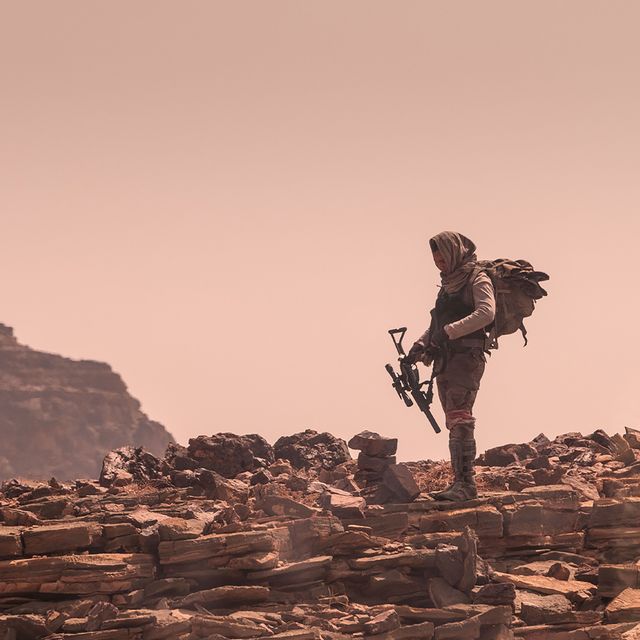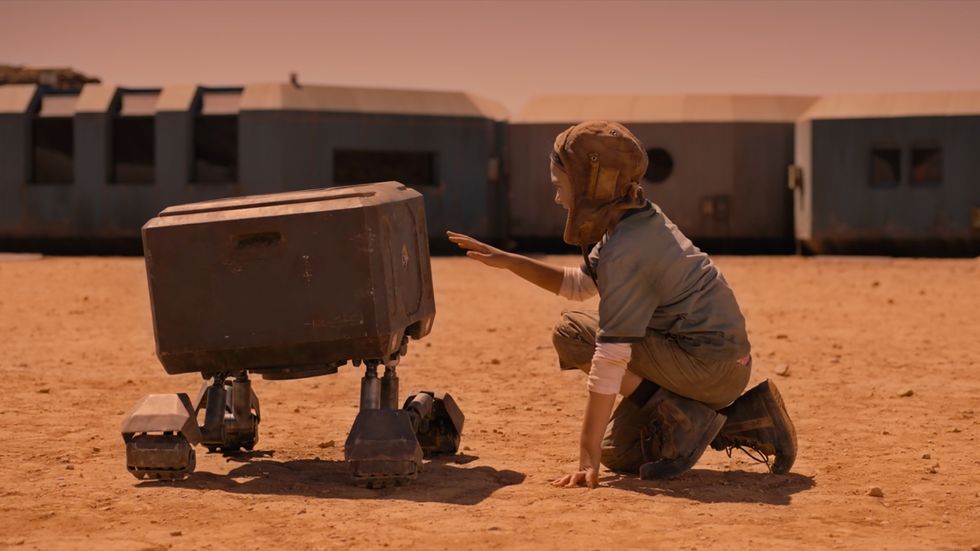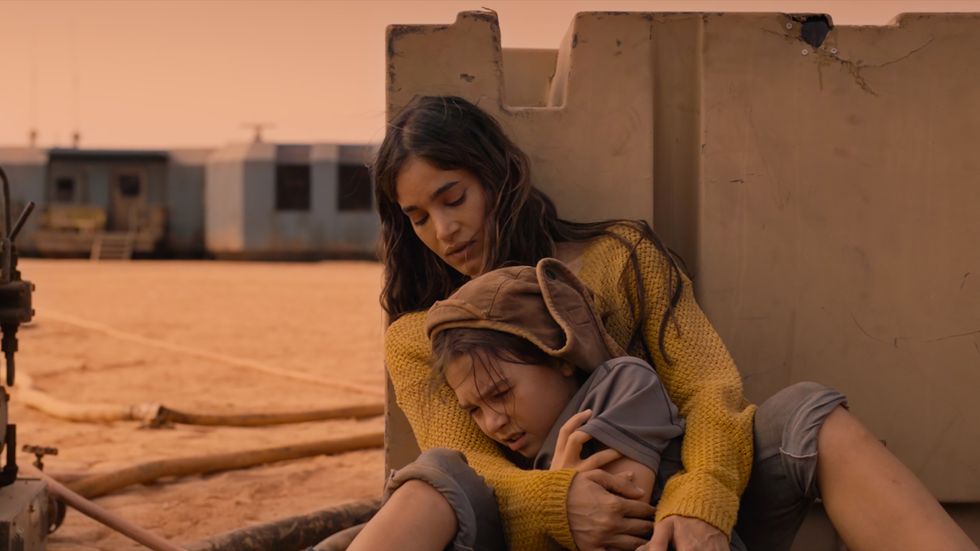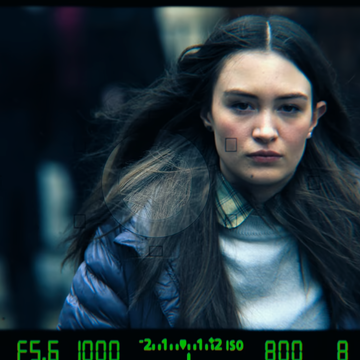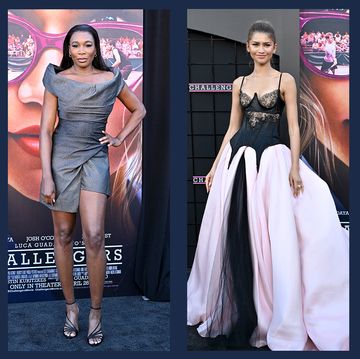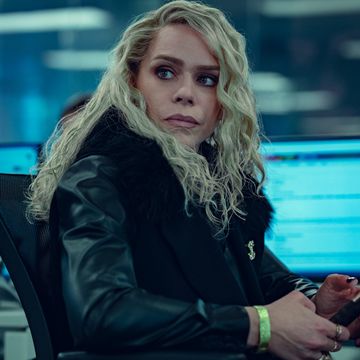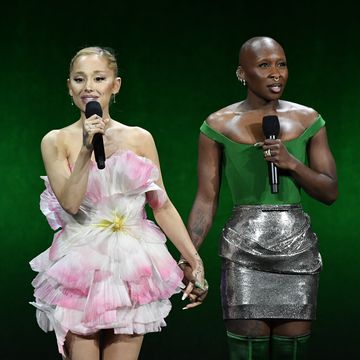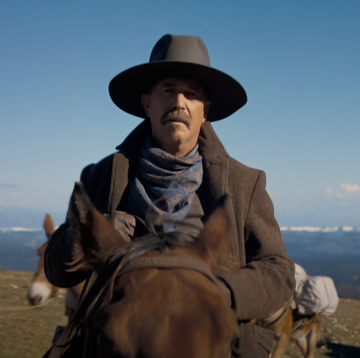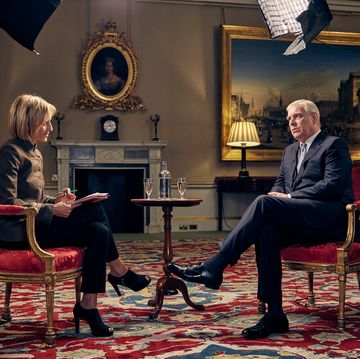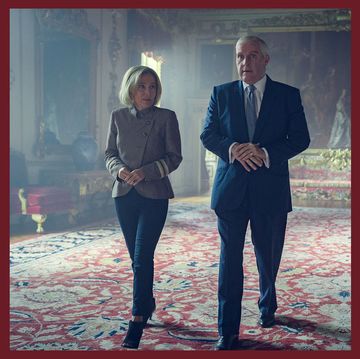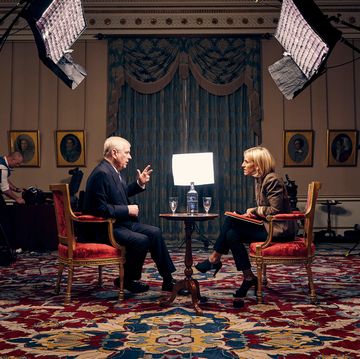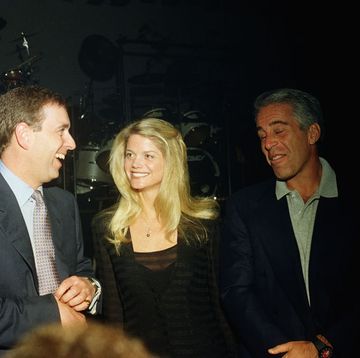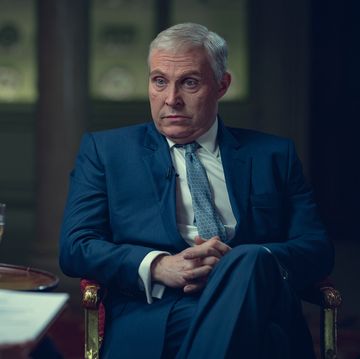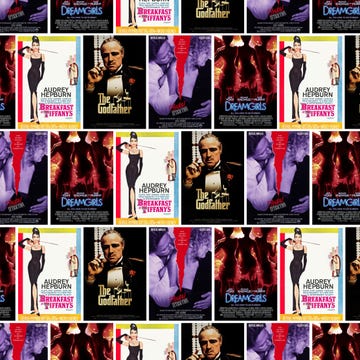When Wyatt Rockefeller graduated from college in the mid 2000s, he followed a not unexpected career path for the son of a well-known consumer advocate (Wendy Gordon) and an equally well-known environmental lawyer (Laurance Rockefeller Jr.). In 2007, he went to work on a Presidential campaign (Barack Obama’s) and then, in 2008, took a job with the new administration (a position at EPA). His next move, joining a clean-energy startup in Dar es Salaam, Tanzania, was also no surprise.
But Rockefeller’s professional trajectory took an unexpected turn when, after a spell of traveling for work, he decided to go back to his first love. “I liked [the energy-distribution company] very much, but I was dreaming about making movies,” he said in a phone conversation with T&C. “I've been walking around with cameras in my hand since I was 11 years old, and I realized I had to give it a try.”
Rockefeller went back to school and earned a dual MFA–MBA from New York University. After he graduated, he quickly went to work making documentary films and commercials. Earlier this year, his first feature film, Settlers, which he both wrote and directed, was released by IFC Films. It is a tense thriller starring Sofia Boutella, Ismael Cruz Córdova, Brooklynn Prince, Nell Tiger Free, and Jonny Lee Miller.
At first glance, the movie’s subject seems far removed from Rockefeller’s previous endeavors, but Rockefeller described how his own experiences influenced his work.
How important was the location to this film?
It's a cliche to say that the location is like a character in your movie. But for us it was crucial. We are trying to sell the idea that we're on another planet and so we looked all over to find a place that would feel like that—initially in Iceland; then Morocco; we almost ended up shooting in the Canary islands. Ultimately we decided on this spot in South Africa [Vioolsdrift], right on the border with Namibia, that is truly unique. You climb over a hill and just enter this other world. You feel like you are on the moon or, or somewhere else that is, there is something very remote and makes you feel very vulnerable, which was a key element of the story.
One of the inspirations for the story was an experience I had as a young boy walking with my father in the woods. It was snowing and everything was quiet and beautiful but it also felt very exposed. I wanted to recreate that feeling and something about this place captures it perfectly.
The desolation of the location also hints at another plot point.
Yes, there’s a backstory about environmental collapse on Earth, which came about when I was working on the script and thinking, "What went wrong that meant people would have to settle on Mars?" I realized I didn't have to make it a zombie apocalypse—remember I was writing before Covid—instead, I could basically hint that things on Earth just continued in the direction they're headed now. Conditions got worse and worse and we weren't able to overcome the challenges to the point where it really went into environmental collapse.
Were there other advantages to this spot?
South Africa has a great, talented crew base, which meant we had some of the best people in the business on the cameras, building sets, and everything like that. The location is also incredibly remote—seven hours from Cape Town and one hour from the closest hospital—and the cast ended up spending an unusual amount of time together on set, which was a pretty incredible experience. We were able to give the actors a sense of being immersed in this truly isolated place. For me, isolation is the villain of the movie. It's the antagonist that forces the characters to make choices that they wouldn't otherwise consider in a million years
What genres of fiction or film inspired you?
I have always thought of Settlers as a Western. That's because it is about people struggling to survive on the fringes. Also, Westerns are inherently immigrant stories. They are about people who have been displaced and are trying to build a new life. But we straddled a number of genres. From a thematic standpoint, the influence was more from chamber pieces like the White Ribbon, Fanny and Alexander, and more recently, Ex Machina. Each of those films is about people in closed environments in which the men seemingly have all the power and are abusing that power. But the women and children find ways to fight back.
Were there other influences at work in this movie?
I didn't set out to make some sort of statement. But I do think we're all products of our experiences and that can shape our work. I worked at the EPA. Both my parents are environmentalists and when I was growing up, the environment was such a frequent topic of conversation in our house—and this was before it was in the news that much—that we had a running joke that when anything went wrong, we’d say, "Oh, global warming!"
My wife, Julie Fabrizio, who was also one of the producers on the film, said “I know you didn't sit down to write a political movie, but you do have to appreciate that you started writing this in the fall of 2016, shortly after the U.S. presidential election. And you somehow managed to write a story about climate change, the resulting mass displacement of people, and sexual power dynamics.” It was a point well-made.
Stream Settlers on Amazon Prime
